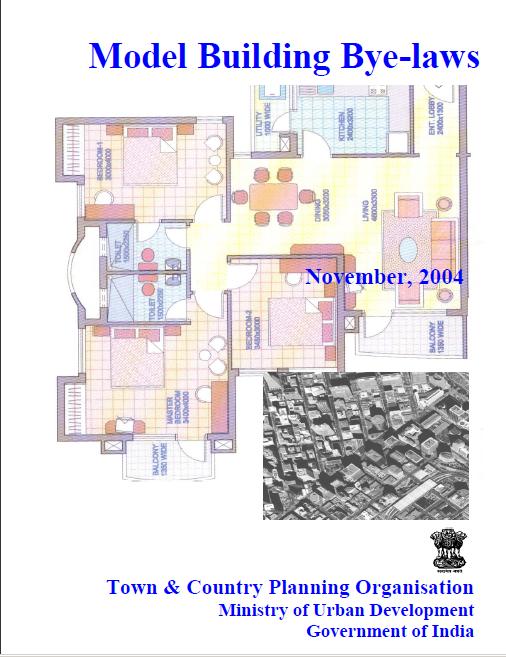/sub-categories/information-education-and-communication-campaigns
Information, Education and Communication Campaigns
The Gharial - Our river guardian - A factsheet prepared by the Ministry of Environment and Forests
Posted on 28 Apr, 2011 04:35 PMIt was found in Pakistan, Bangladesh, Burma and Bhutan, but is now extinct in these countries. Today, it is seen in a few places in Nepal. In India the major population of Gharials is found in the Girwa and Chambal rivers. It faces many threats to its survival which include fishing, linking of rivers, large irrigation canals etc.
Inviting endorsements on a submission to the WGEEP for declaring the rivers in the Western Ghats as Ecologically Sensitive Areas (ESAs)
Posted on 22 Apr, 2011 12:58 PMDear friends,
We are all aware of the immense ecological, cultural and social significance of rivers originating and flowing through the Western Ghats. This includes source regions of East flowing rivers like Krishna, Godavari and Cauvery and the source, riparian and estuarine region of all West flowing rivers.
We are lucky to still have some of the very few and very rare 'free flowing rivers' in the country. Most of the rivers in our country have been dammed and diverted. This has changed the ecological and physical characteristics of these rivers completely. Today, it is difficult for us to visualise the amazing range of ecological goods and services that an undammed, free flowing river can provide. Some such rivers in the Western Ghats are Shastri, Aghanashini, Gargai and Seetha Nadi.
Resistance against the Polavaram dam - An EPW article
Posted on 19 Apr, 2011 11:02 PM
This EPW paper studies the various forms of resistance against the construction of Polavaram dam, and notes that the main feature of the struggles has been the involvement of people’s organisations due to the failure of traditional as well as statutory bodies, representatives and regional leadership of mainstream political parties.
Transparent & participatory governance in functioning of the decision-making committees on water resources
Posted on 16 Apr, 2011 03:46 PMTo
Shri Salman Khurshid,
Union Minister of Water Resources,
Shramshakti Bhawan,
Rafi Marg,
New Delhi - 110001
2. Secretary, Union Ministry of Water Resources
3. Chairman, Central Water Commission
4. Deputy Chairman, Planning Commission
5. Member (Water), Planning Commission
6. Ms Aruna Roy, Chairperson, Working Group on Transparency, Accountability, Governance at National Advisory Council
Please reverse farcical decision of asking developers to do cumulative impact assessment in Sutlej Basin
Posted on 14 Apr, 2011 06:57 PMTo
Shri Jairam Ramesh
Union Minister of State (IC) of Environment and Forests,
New Delhi
Respected sir,
Indian standard code of practice for installation of septic tanks (IS: 2470) - Bureau of Indian Standards (1986)
Posted on 11 Apr, 2011 03:46 AMThis IS Code provides various requirements that have to be met while constructing a septic tank, so that it meets minimum standards. This Code is dictated by the Bureau of Indian Standards, and ensures that the sewage is treated in a way that maintains health and hygiene of the community.
While the first standard for small septic tanks was first printed in 1963 and then revised in 1968, the standard for disposal of effluent from septic tanks was published later in 1964 and revised in 1971.
This code has been sourced through City Managers' Association Karnataka (CMAK), a non profit that provides technical expertise to urban local bodies.
Model building bye-laws, developed by the Town & Country Planning Organisation - Ministry of Urban Development (2004)
Posted on 11 Apr, 2011 03:11 AM Building bye-laws are a set of standards used to regulate various facets of a building everything from its design to its safety features. In these 'Model Building Bye-Laws', the Town and Country Planning Organisation (TCPO) under the Ministry of Urban Development (MoUD) has created a guide for State Governments, Urban Local Bodies, Development Authorities to help them play a more effective role in enforcing the implementation of the master plans.
Building bye-laws are a set of standards used to regulate various facets of a building everything from its design to its safety features. In these 'Model Building Bye-Laws', the Town and Country Planning Organisation (TCPO) under the Ministry of Urban Development (MoUD) has created a guide for State Governments, Urban Local Bodies, Development Authorities to help them play a more effective role in enforcing the implementation of the master plans.
Role of civil society in sanitation improvement - A case-study from the work of Parivartan in Uttar Pradesh (2010)
Posted on 11 Apr, 2011 12:33 AMThis presentation prepared by the founders of Parivartan, a Kanpur based NGO, deals with the organisation's efforts to improve the sanitation system of the town by involving local citizenry.
Captain SC Tripathi, the founder of Parivartan explains that his organisation is based on a 'collective' model where in all aspects from ideation to implementation is a collective effort. This model seemed appropriate considering the different problems that Kanpur was facing ranging from sanitation issues to drainage, power outages etc. Added to this was political and official apathy, indifference and cynicism of citizenry.
World Water Day - Delhi walks to save every drop
Posted on 07 Apr, 2011 05:51 PMShouting slogans, holding placards and some even enacting street plays, several NGOs joined hands for the walk. Children, youngsters and elders, all jointly poured water into a kalash and took a pledge under 'The Blue Delhi Declaration' aimed at making Delhi completely water secure and self-sufficient in water over next five years.
Slide show on water management to school children in Anakapalle, AP
Posted on 06 Apr, 2011 01:58 PMAt the end of the show the students were asked to write briefly about the presentation. Amazingly more than 60% responded well and three girl students stood excellent and they have been awarded with prizes and certificates.